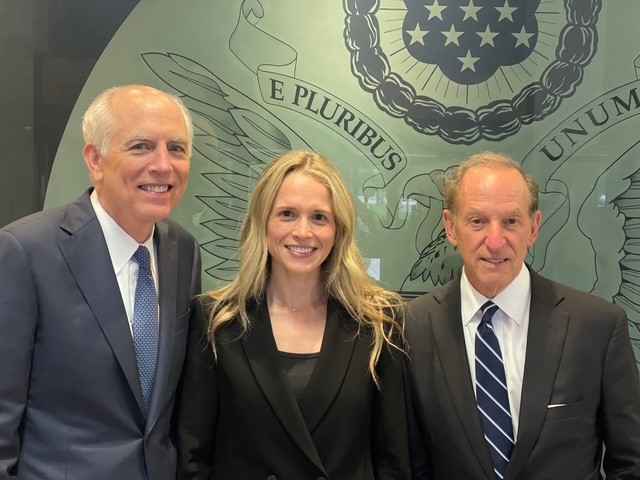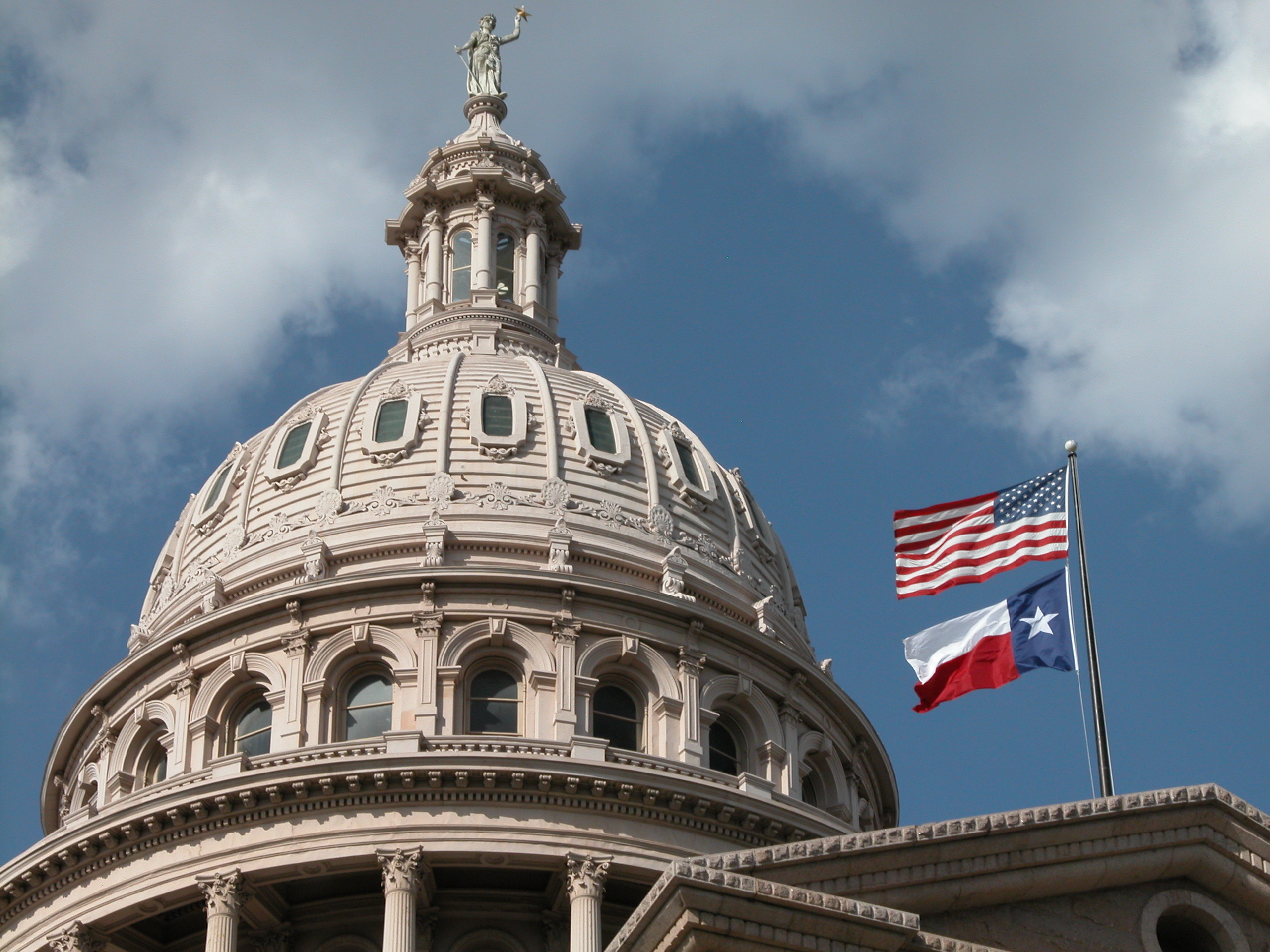Litigation Roundup: CEO Indicted in Alleged UT Austin Arena Bid Rigging Conspiracy
In this edition of Litigation Roundup, the U.S. Court of Appeals for the Fifth Circuit finds that a lawsuit challenging admissions practices at the University of Texas at Austin is not moot, a fake immigration lawyer faces prison time, and the Western District of Texas announces a high-profile indictment.


